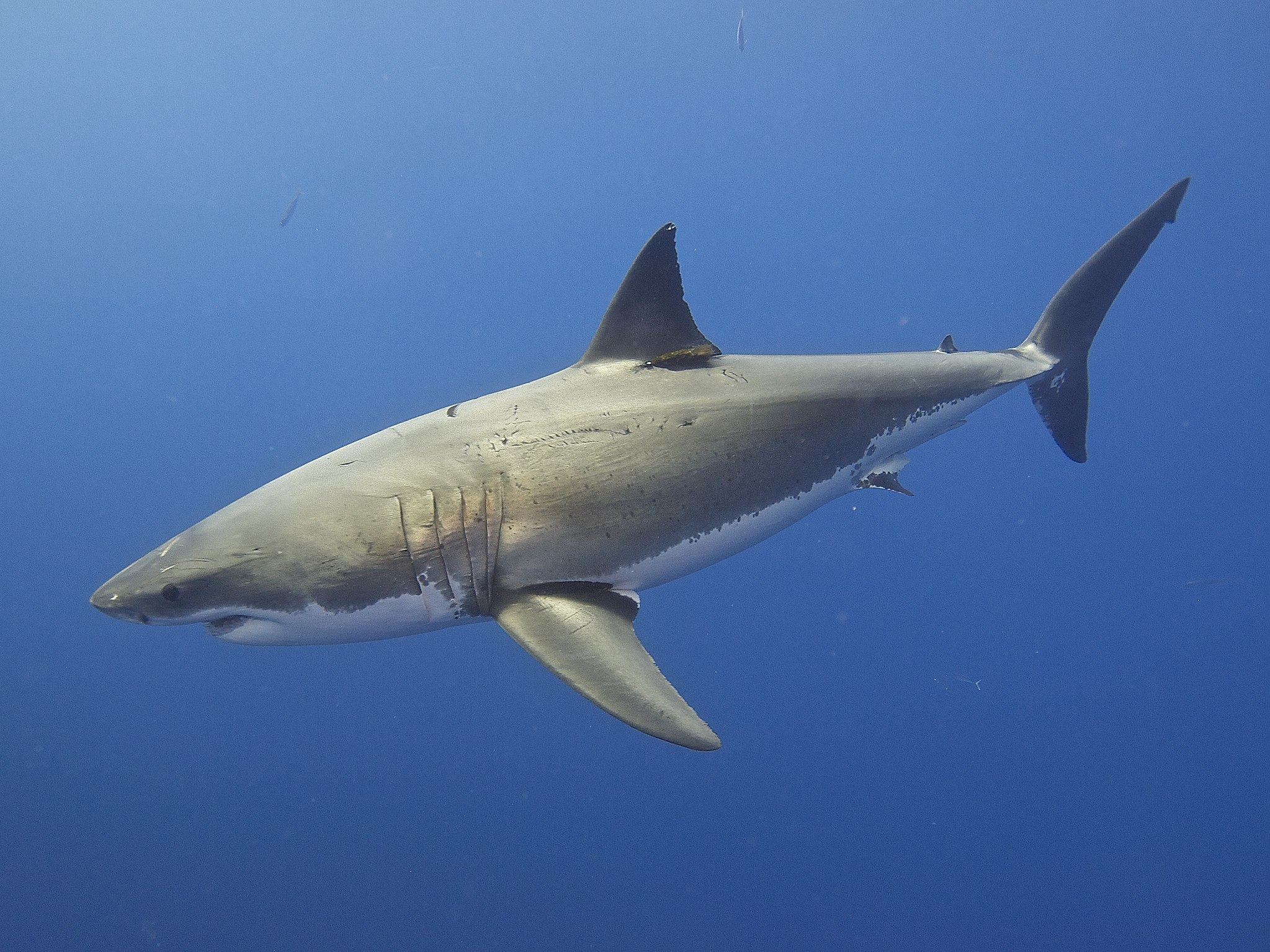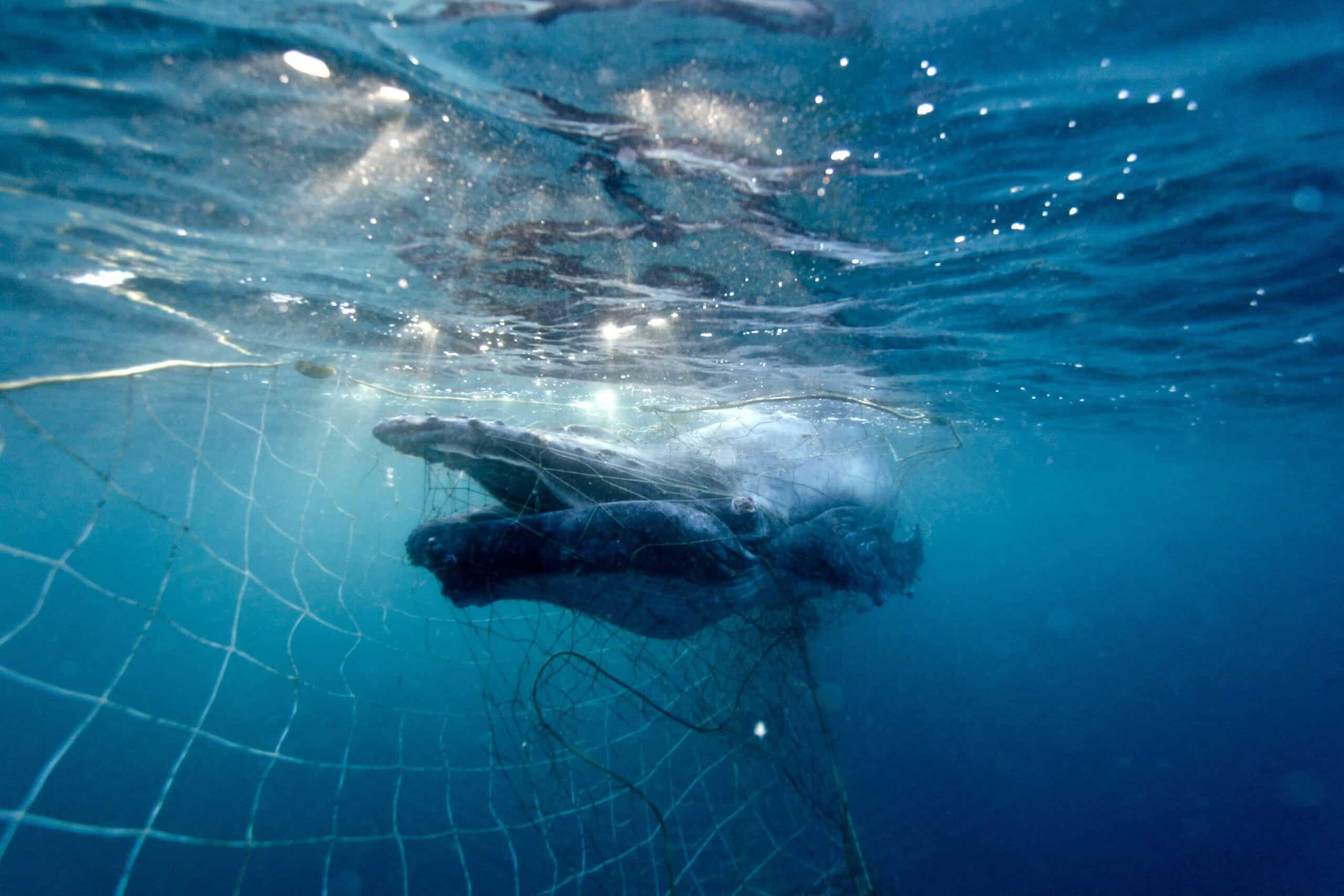Research shows that Australia’s great white sharks are highly related to each other and may consist of fewer than 500 breeding animals. SYDNEY, 24 June 2025: Latest research has found Australia’s great white shark population is much smaller than expected, increasing their vulnerability to further population threats. The population...
Conservation can never be achieved down the barrel of a gun.
That was the message a group of 103 scientists, government officials, community leaders and wildlife conservation experts who live or work in countries throughout Africa sent to the UK House of Lords last week.
The letter came ahead of a vote on a bill to ban the import of hunting trophies to the UK, and signatories included Lt Gen Dr Seretse Khama Ian Khama, former President of Botswana and Mr Farai Maguwu, director of Centre for Natural Resource Governance, Zimbabwe. They wrote that the UK Bill “stands in solidarity with the views of millions of Africans who believe trophy hunting to be a morally reprehensible and insulting waste of our remarkable nature”.[1]
The debate around the UK Bill, which successfully moved to the next stage of their legislative process, is indicative of the current global movement on trophy hunting.
Signatories to the letter stated that “The trophy hunting industry is based on an economic model that inherently incentivizes the overexploitation of wildlife while distracting investments and political capital away from diversified and sustainable revenue opportunities. It directly competes with and undermines truly sustainable and economically important revenue generation from photo-based tourism and other non-consumptive initiatives.”
Why is this relevant to Australia? Because Australia remains a significant player in the trophy hunting trade, ranking tenth in the world for the number of protected mammals imported as trophies in the period 2014–2018. This figure will likely come as a shock to the nearly 85% of Australians who are unaware that Australia continues to permit the import of hunting trophies of species, such as giraffes.[2]
We are reducing giraffes to beer holders and ice buckets:
Despite being known as the gentle giants of the African savanna, giraffes are a regular target for trophy hunters. Because of their height, size and open plains habitat they make an easy target. Hunting websites advertise that they can accommodate all methods of hunting for giraffe – rifle, bow, even black powder, crossbow or handguns. Crossbows in particular can result in a high wounding rate, with animals not being killed outright and suffering until they are eventually killed.
This trade in giraffe hunting trophies has historically flown under the radar. It wasn’t until giraffes were protected under the international trade convention in 2019, that we started to get a clearer picture of the global trade in giraffe and giraffe parts. According to the Australian Wildlife Trade Office, 12 permits were issued to import giraffe trophies into Australia during the period 2019–2021, with one permit including five giraffe skulls. ‘Trophies’ permitted to be imported also included rugs that feature giraffe skulls, skins and feet. Australia also issued large commercial import permits, which in 2020 included 250 giraffe bone sets. So far in 2023 we’ve seen commercial import permits for 20 giraffe parts, including parts that have been made into beer holders and ice buckets.
All of this is happening at a time where giraffe populations have been experiencing a sharp decline. The species is now classified as Vulnerable on the international list of threatened species, with some giraffe sub-species listed as Critically Endangered and Endangered.
An increasing number of countries are acting to ban trophy hunting imports. They recognise the critical, negative impacts trophy hunting can have on the biology and ecology of targeted species (including endangered species), and the industry’s history of mismanagement, with quotas based on inadequate data, unsustainable hunting quotas, and a lack of transparency. Legal trade also makes it harder to enforce anti-poaching laws and can inflate demand for the parts and products of imperilled or trafficked species.
That’s why today, on World Giraffe Day, Humane Society International Australia is highlighting the need for the federal government to use the opportunity of reforms to our national environmental legislation to ban the import of hunting trophies for species protected under the international convention on trade in wildlife.
[1] The full letter to the Members of the House of Lords is available here.
[2] Based on independent polling of Australians aged 18 years or older, commissioned by Humane Society International Australia in September 2022.


